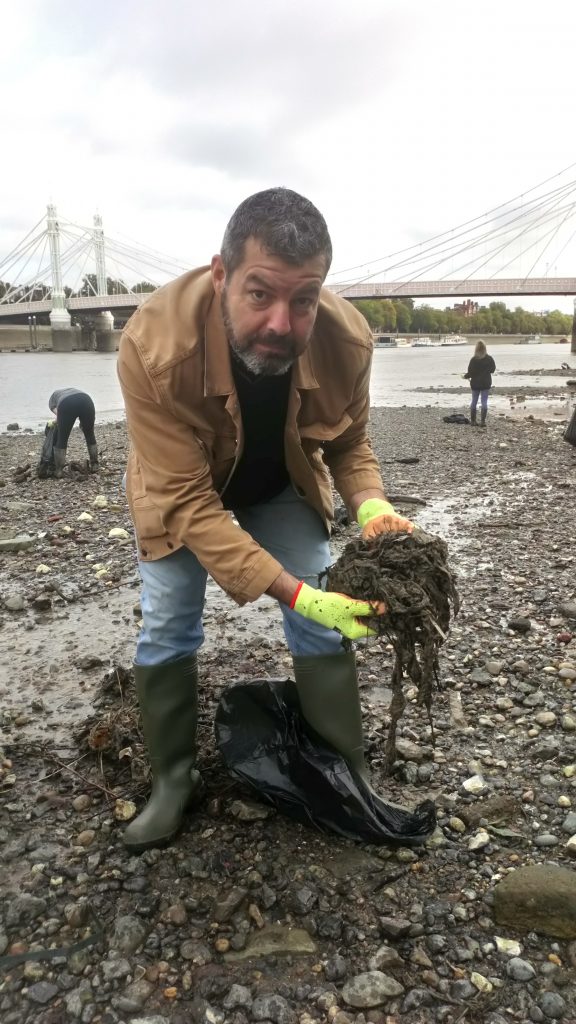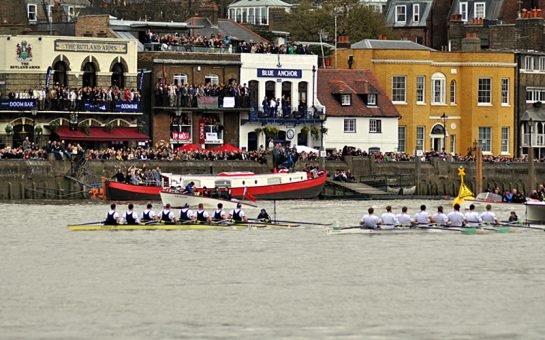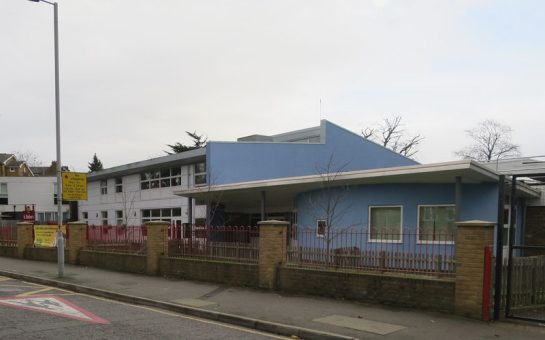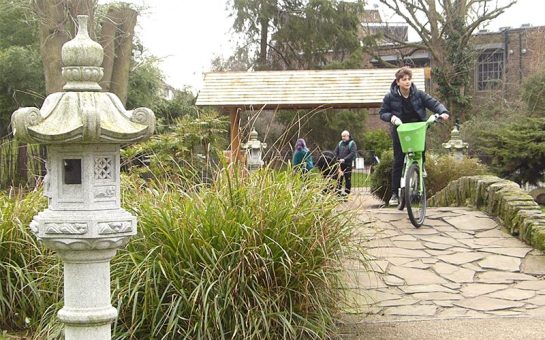Environmentalists retrieved tens of thousands of wet wipes from the Thames last week as part of attempts to clean up the river.
Around 80 volunteers found 27,400 wet wipes on the foreshores of the river around Battersea Bridge as part of charity Thames21’s attempts to get more data on the extent of river pollution.
Pollutants such as wet wipes mount up on the foreshores of slow-moving parts of the river after sewage overflows dump them into the water, with parts of south west London particularly badly affected.
Volunteer Will Oliver, 25, said: “The number of wet wipes that are there is quite staggering.
“The thought that no matter how much time and effort we put into cleaning up, more would wash in from the sewers next time it rains is pretty depressing.”
The deposition of wet wipes into the Thames causes a range of issues, including the build-up of mounds of wet wipes in areas such as Barnes, Battersea, and Fulham alongside blockages to the tune of £100m.
There are also fears that wet wipes contribute micro-plastics into the water, with potential health issues including negative impacts on fertility.
Seventy percent of London’s drinking water comes from the Thames, and studies have already found plastic in fish from the river.

The two-day event at Battersea Bridge is part of wider clean-up and data collection effort by Thames21, which has been monitoring pollution of the river for over six years as part of its Thames River Watch programme.
The charity hopes to raise awareness with the data it generated from the clean-up to try and create policy change around the use of wet wipes.
There are plans to recruit and train more volunteers in order to generate the data that will be the backbone of its attempts to raise awareness and create policy change.
Campaigners want to see changes around what is considered flushable, what materials can be used, and the labelling on wet wipes, encouraging consumers to bin them, rather than flushing.
Thames21 project co-ordinator AJ McConville said that these changes need to be in legislation, with a view to potentially banning items that are environmentally damaging.
He said: “It’s not like we completed the job yesterday in any way shape or form.
“There are many more wipes we left behind that we weren’t able to pick up. There’s still lots and lots to do.”
McConville, 41, spoke about how the charity would like to see a lifecycle analysis of wet wipes to better understand their full impact on the river before calling for any bans for fear of causing even greater environmental damage.
At current, there is very little research into the impact of wet wipes in rivers.
There are also plans for further clean-ups to help with the problem in the short term, as wet wipes are continually put into the river due to London’s overcapacity sewage system.
Featured Image: Will Oliver @Willooliver




